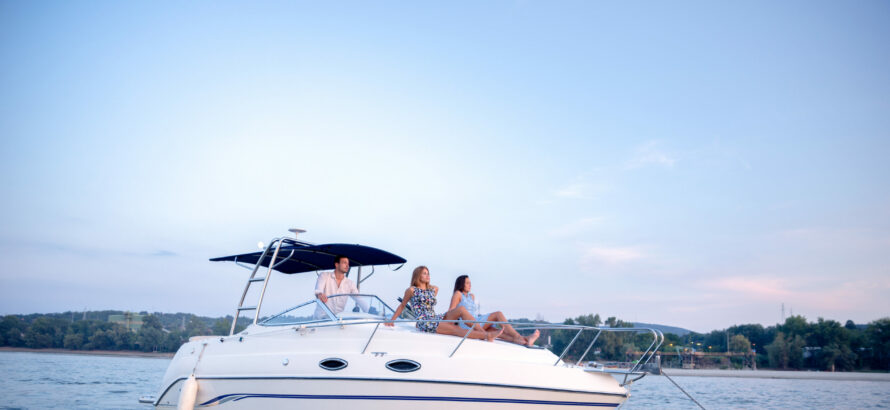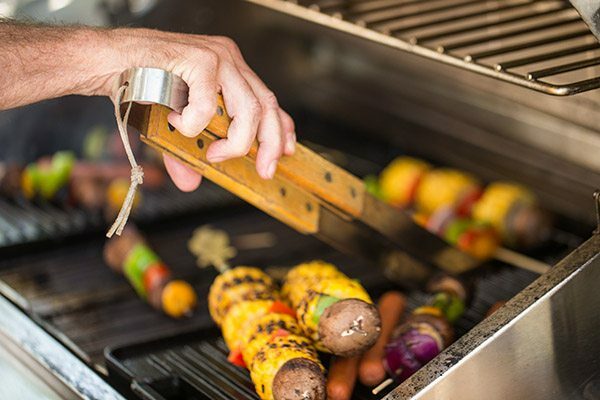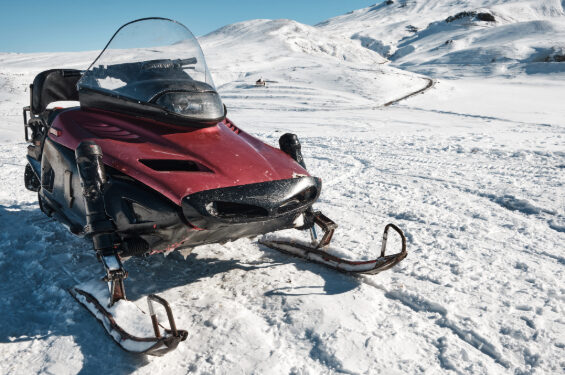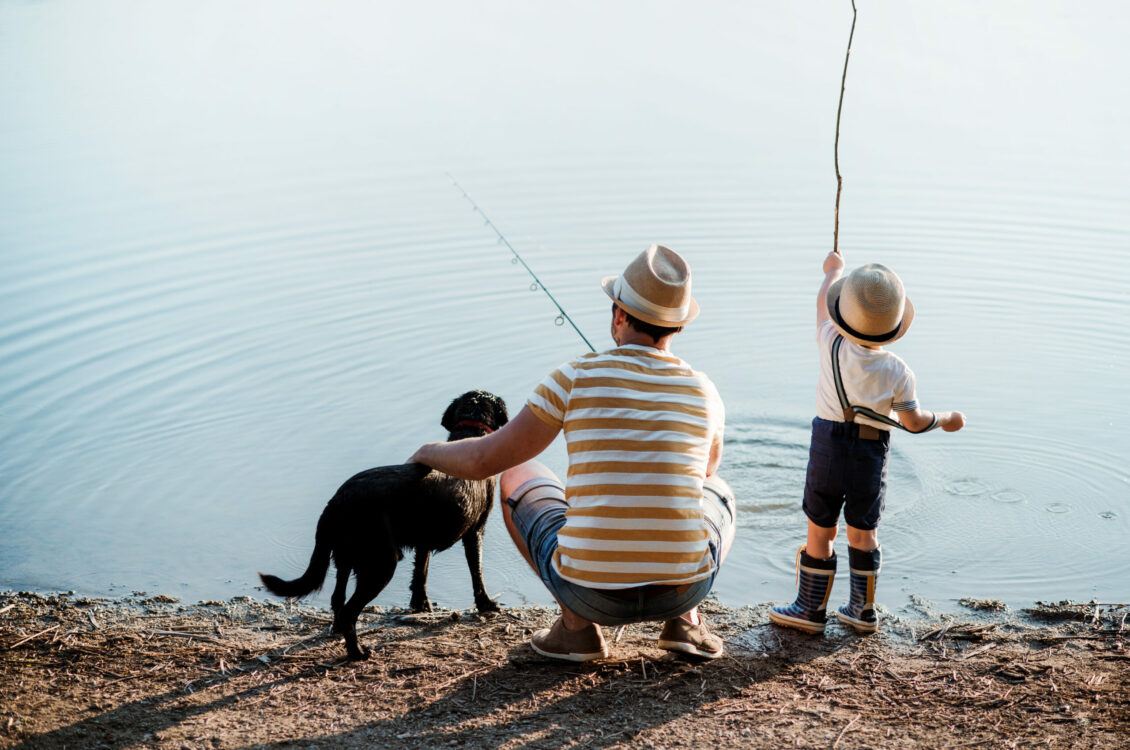
A growing number of Americans will pack up their recreational vehicles and hit the road this year. Ownership of RVs has reached record highs, with 10 million households owning an RV.
RV owners will trek across the U.S., visiting some of the 18,000 public and privately owned campgrounds that speckle the map. That’s sure to make a few places a little crowded, which is why a refresher on RV etiquette can benefit everyone.
“No matter where an RV parks for the day, it’s important to be a good neighbor and consider those in nearby sites”, says Dan Wulfman, the founder of Tracks & Trails, a Colorado-based company that plans camping trips for RV travelers.
“RV etiquette is really important and not everyone gets that memo,” he says. “How you behave can really make or break your vacation, and the vacation of those around you.”
Here’s a list of RV camping tips to ensure every RV traveler is a good neighbor:
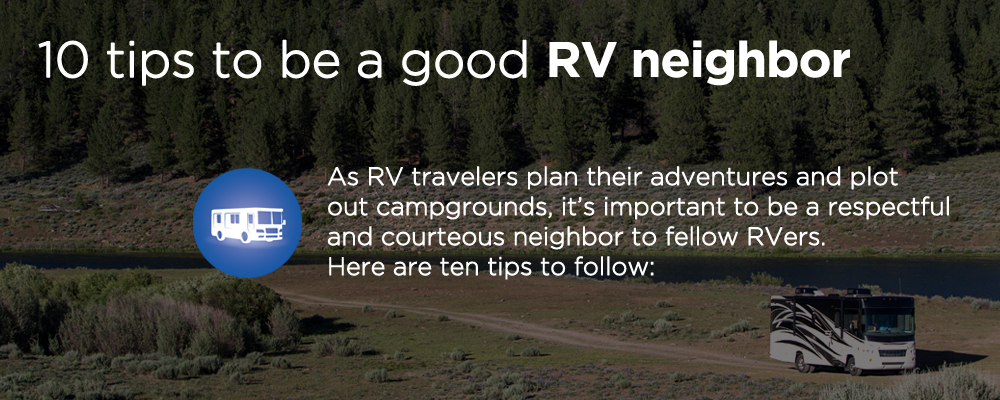
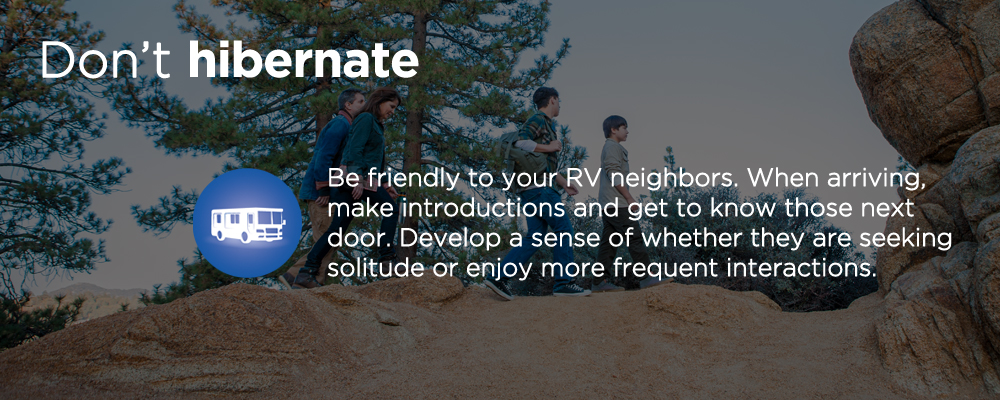
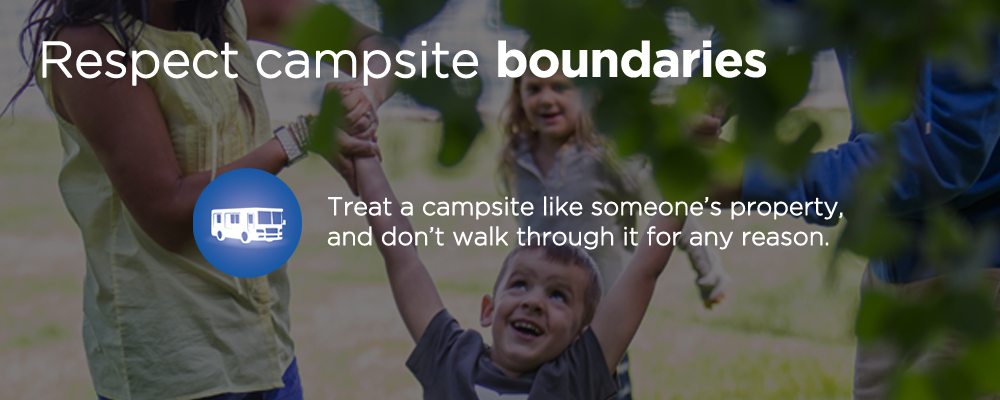
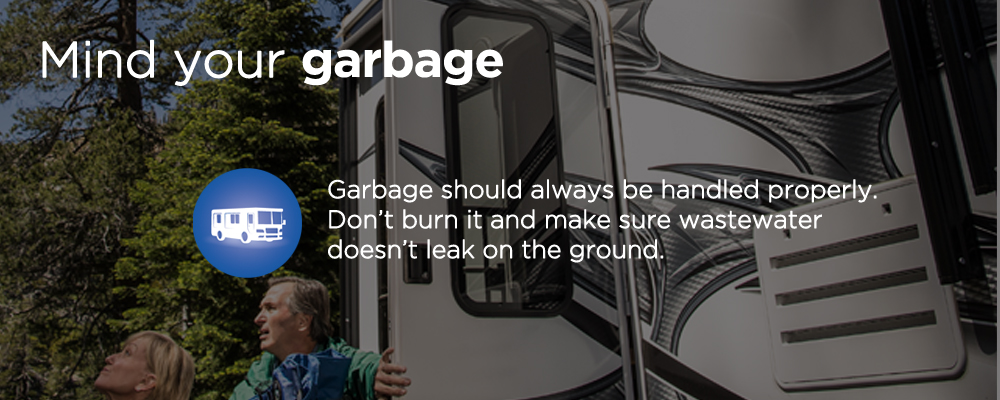
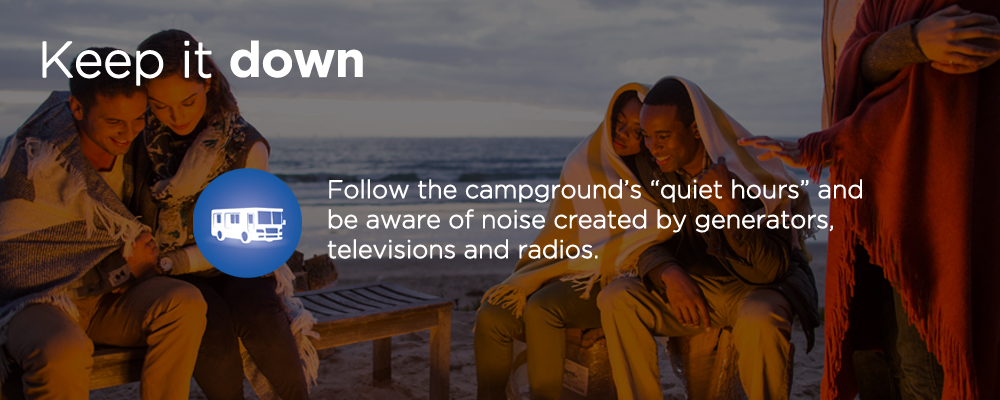
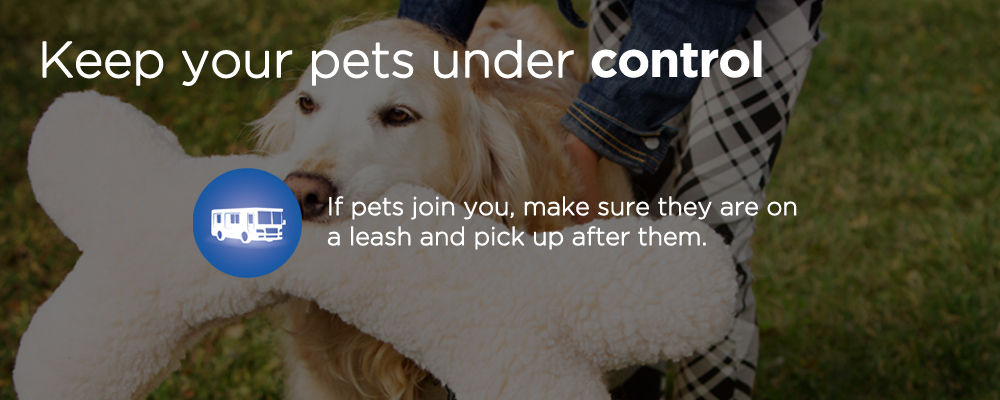
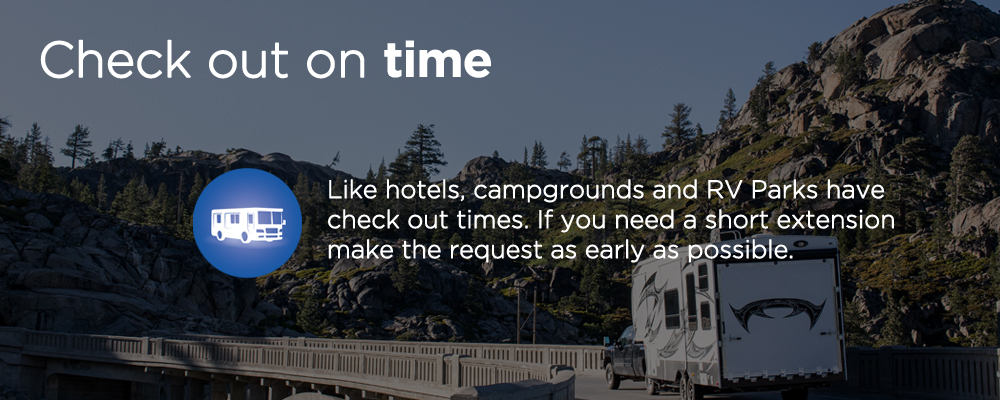
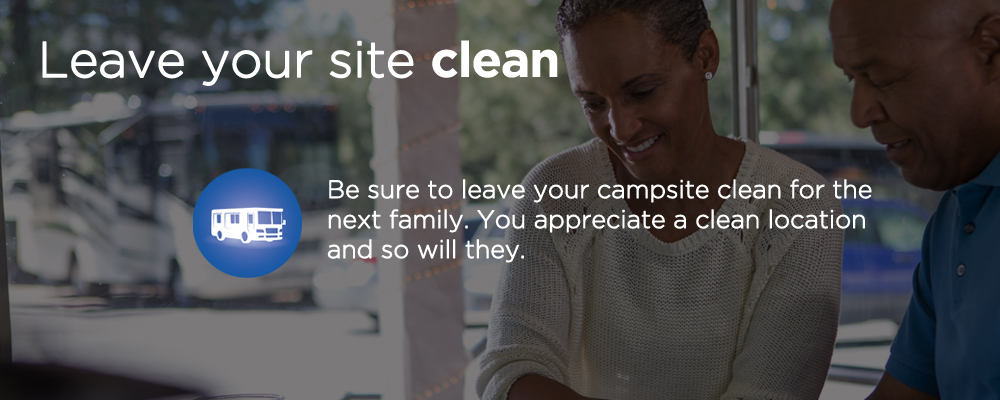
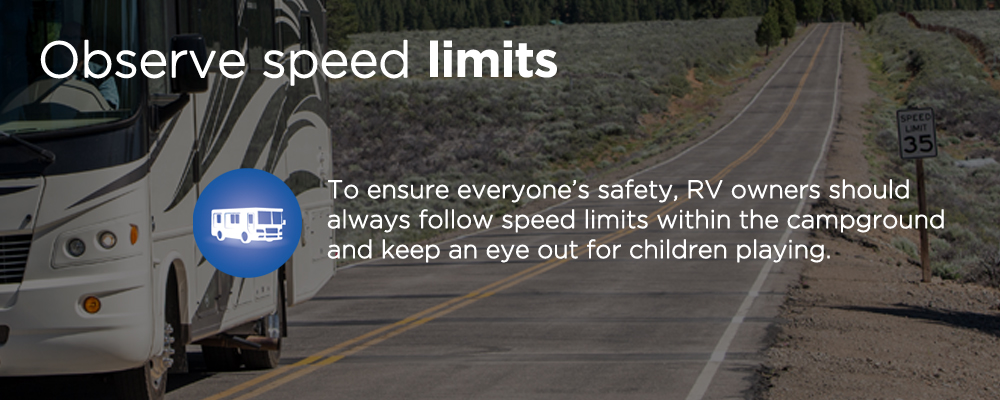
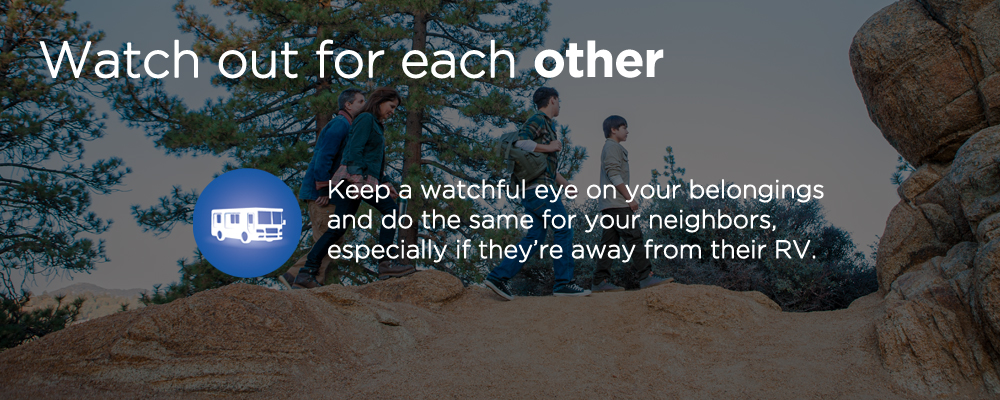
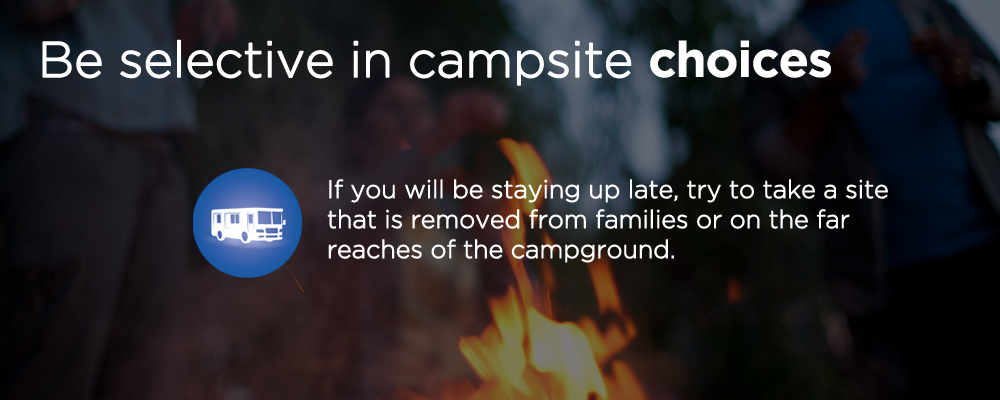
1. Don’t hibernate (even if it’s cold)
“A campground or an RV park is like a temporary community”, Wulfman says, “so everyone should make an effort to be friendly to their neighbors” – even if you’re RVing in winter. Friendly company can be just as cozy as your warm trailer.
“Say hello to your neighbors and learn a little about them,” he says. “You don’t have to spend your vacation with them, but being friendly goes a long way to make everyone feel more at home at a campground.”
This way, if a problem arises both people feel comfortable talking about it.
2. Respect campsite boundaries
“There aren’t any walls or fences that maintain a physical boundary for each RV party, but one does exist”, Wulfman says.
“It’s important to respect everyone’s space,” he says. “In other words, don’t cut through someone’s outdoor living room to go to the bathroom. If you’re traveling with children, remind them of this rule, too.”
3. Mind your garbage
From paper plates to empty plastic bottles, garbage will collect. While it’s tempting to toss garbage into the nightly campfire, it breaks RV etiquette.
Burning garbage creates an awful smell that neighbors have to endure. Plastic in particular gives off a foul odor, and can be unhealthy for anyone who inhales it.
Rather than burning garbage, bag it and move it to approved receptacles.
“RV owners should also make sure wastewater is handled properly”, Wulfman says. Check tanks and hoses to make sure nothing leaks on the ground and gives off a bad odor.
4. Keep it down
RVs make a lot of noise. From generators to outdoor entertainment centers, an RV can create a lot of racket. “Be mindful of the noise”, Wulfman says.
“Yes, you’re on vacation, but that doesn’t mean the family next to you wants to hear your generator running at 3 a.m. or a kid’s movie blaring on an outdoor television,” he explains. “Be aware of the noise you create, and try to keep it to a minimum.”
“This quiet rule applies to people, too”, Wulfman says. It’s okay to stay up late and enjoy a campfire with kids, just be respectful to the neighbors at the same time.
Most places have “quiet hours” that you should respect.
5. Be selective in campground choices
Unfortunately, not every RV party follows common etiquette. To increase the likelihood of having respectful neighbors, campground selection is important, Wulfman says.
“Campgrounds that are in town are usually frequented by locals that are there to party, so it’s always best to travel a little outside of a city,” he says. “By putting in a few extra miles, you’ll probably be able to find a quieter site with fewer people.”
This is where proper planning comes into play, Wulfman says. It’s best to have a game plan for overnight stays rather than pulling into the first campground or RV park that’s on the way.
6. Keep your pets under control
Don’t let your pets become a nuisance to other campers. If you plan on bringing your furry friend, make sure they are on a leash and that you pick up after them.
7. Check out on time
Similar to hotels, RV parks and campgrounds usually have set check out times. Plan to leave on time so you avoid late fees and don’t delay other campers. If you do need a check out time extension, make sure to request it as early as possible.
8. Leave your site clean
As check out time approaches, try to clean up any excess food or trash from your campsite. You appreciate a clean location, and so will the family that comes after you.
9. Observe speed limits
To ensure everyone’s safety, always drive carefully and under the campground speed limits. This can help you avoid accidents with pedestrians and other RVs alike.
If you do happen to damage your RV in an accident, damages can be expensive. Make sure you’re covered before your trip with RV and camper insurance from Nationwide. With dependable coverage and potential discounts, it’s easy to find the right policy for you.
10. Watch out for each other
Keeping a watchful eye on you and your neighbor’s belongings can go a long way to fostering a safe campground environment.
As more people crisscross the nation in RVs, it’s increasingly important to respect the boundaries of others. Being a good RV neighbor isn’t difficult; it just requires consideration of others, which sometimes gets lost during the relaxed nature of vacations.
Bonus – Winter RV Tips
Not everyone puts away their RV when the temperatures begin to drop. Winter RVing can be a fun way to get around in the colder weather, and you’ll miss the hustle and bustle of the airports and other forms of transportation that are so common during the busy holiday season.
Make sure your RV is ready to face wherever you’re heading. Stock up on extra warm clothing, emergency rations (in case you get stranded), an electric blanket and extra bottled water. Be sure to also swap out the bug spray for tire chains and cold weather-rated sleeping bags.
And, of course, not having everything you need during your RV travels can also make or break your vacation. Use this pre-travel RV checklist to make the process easier.
If you’re an outdoors enthusiast, you know that tent camping in the winter can be just as thrilling as camping in summertime. But before you go on any cold weather camping excursion, it is important to bear in mind what kind of precautions you should take when it comes to winter camping gear, first aid, food, and more. Check out this helpful video on winter camping tips you’ll need for a great snowy getaway.
To help you arrive at your camping destination safely in winter weather, check out these winter road trip tips.

